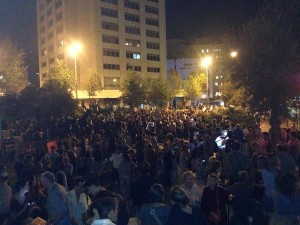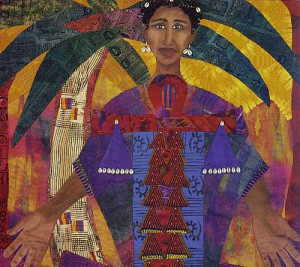
Antisemitism & Islamophobia: A Panel Discussion
Thursday, November 12, 2015
1:00 PM – 2:30 PM
Jewish Federation of Greater Rochester 441 East Avenue • Rochester, NY 14607
Free of charge • All are welcome
Featuring:
Dr. Mehnaz Afridi
Dr. Afridi is Assistant Professor of Religious Studies and Director of the Holocaust, Genocide, and Interfaith Education Center at Manhattan College. An observant Muslim who teaches courses both in Islam and the Holocaust at a Catholic college, many of Dr. Afridi’s publications have focused on themes of Muslim identity with an emphasis on the way that Antisemitism has been expressed by her contemporaries.


